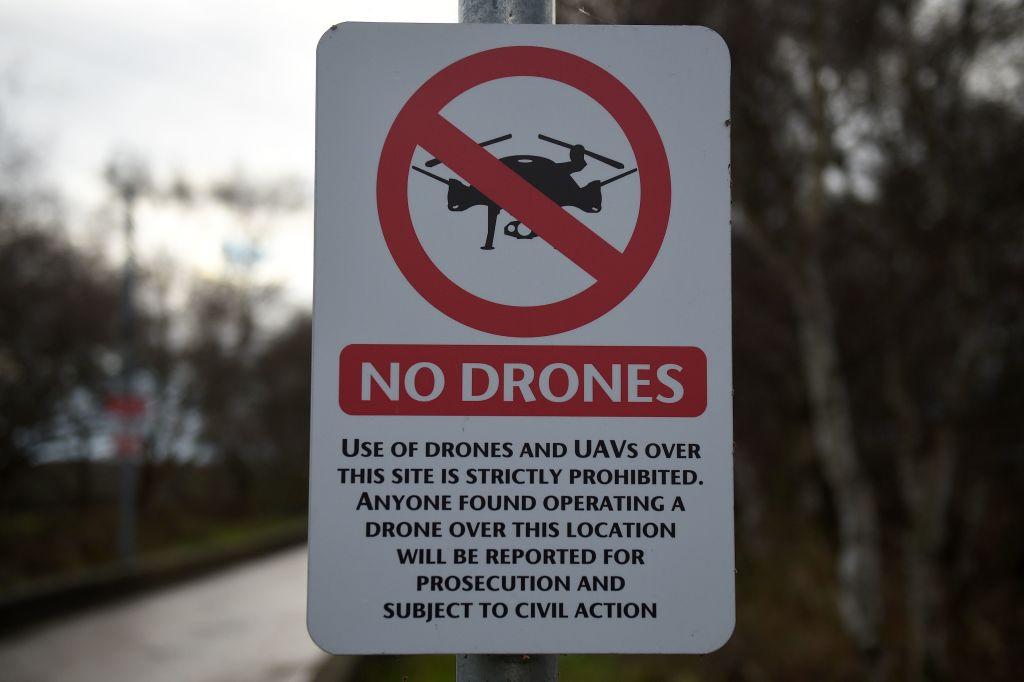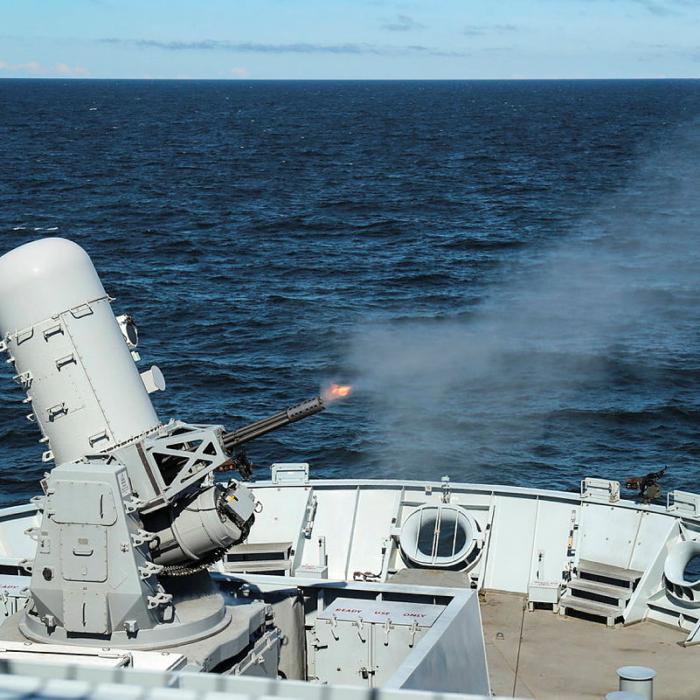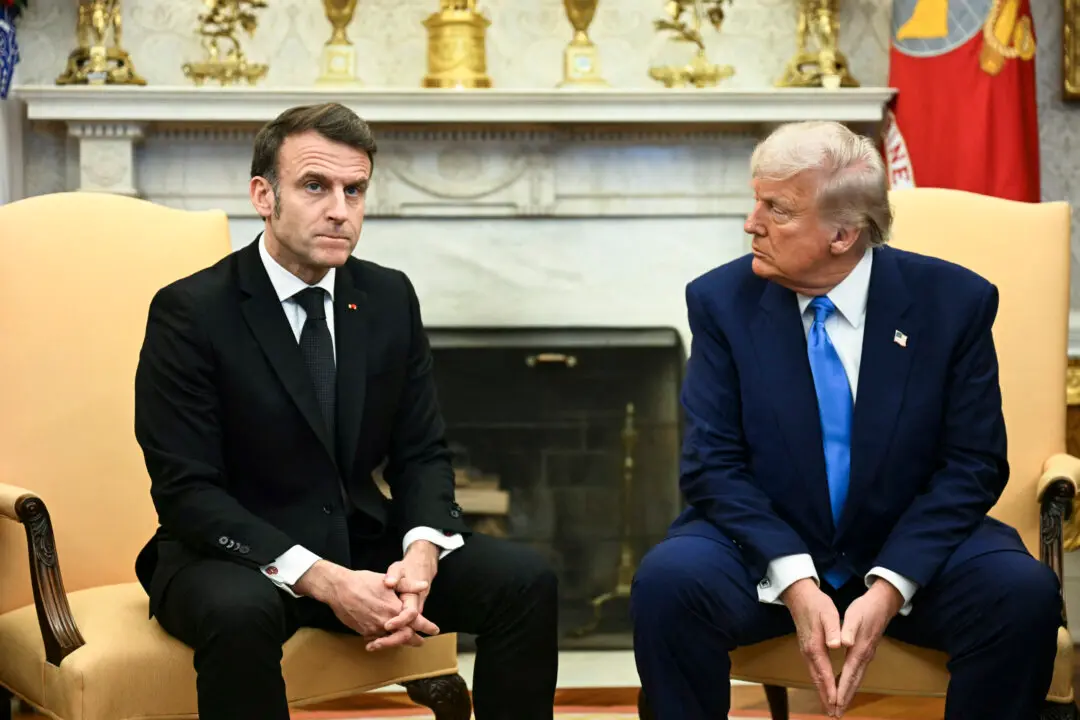Small unmanned aerial systems continue to be spotted flying over four military bases in England, the U.S. Air Forces (USAF) in Europe have confirmed.
The drones have been initially spotted over three bases, used by USAF, last Wednesday.
In an updated statement this week, the USAF said that “none of the incursions impacted base residents, facilities or assets.”
The Air Force said it is taking all appropriate measures to safeguard the four military bases and its residents. Varying numbers of drones, in different sizes and configurations, have been spotted by USAF.
“Our units continue to monitor the airspace and are working with host-nation authorities and mission partners to ensure the safety of base personnel, facilities and assets. To safeguard operational security, we do not discuss specific force protection measures, however we retain the right to protect our installations.
“We take threats seriously and maintain robust measures at defence sites,” an MoD spokesman said.
Illegal Drones
During a press brief on Tuesday, Pentagon spokesman Major General Patrick Ryder said it was possible that the drones were sent by hobbyists but added it was too soon to draw any conclusions.He also admitted that small drones have become relatively common.
“It’s something that the department has been looking closely at in terms of how it applies to our facilities, our personnel, whether it’s in combat zones or outside of combat zones,” Ryder said.
When asked why the drones are not being shot down, he said: “Well, I won’t get into force protection measures. We of course always maintain the right to defend ourselves if we deem something to be a threat.
“But again, we'll continue to work with the local host nation authorities there.”
UK Defence Minister Lord Coaker has warned those responsible for recent illegal airborne incursions the UK military sites, faced up to 14 years in jail under national security laws.
“It is illegal for drones to be flown or within the vicinity of these military sites and people should be aware of that. Those found guilty could face up to 14 years in prison under national security legislation.
“All agencies of the state and all parts of the state will work to ensure that we identify and do what we can with those who are conducting these acts,” he told Parliament.
Defence Secretary John Healey acknowledged that cuts came at a time of “war in Europe, conflict in the Middle East, increasing global threats,” but said that “as technology advances at pace, we must move faster towards the future.”
Labour has committed to raising UK defence spending to 2.5 percent of GDP, but it is yet unclear over what time period that increase will occur.







